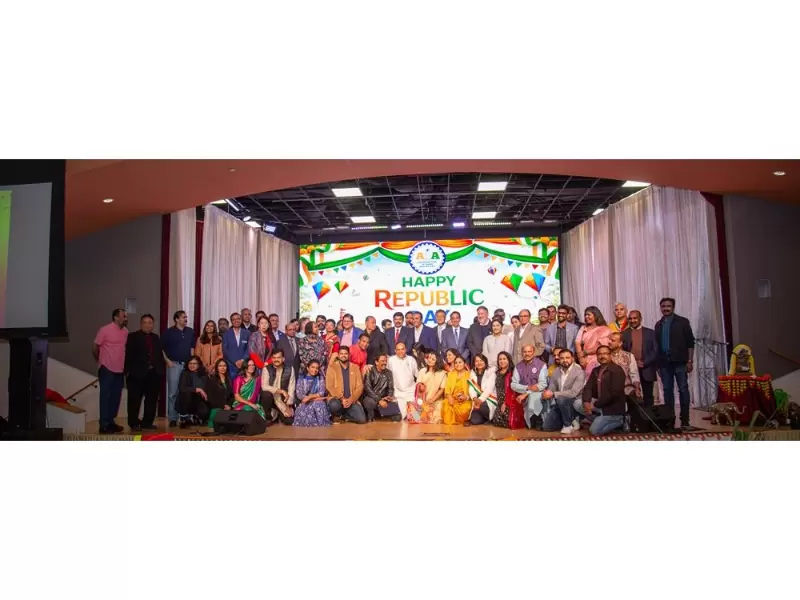India introduces exemptions for foreign nationals under new order
The new immigration order mandates biometrics for visa and OCI applicants, allows offences like overstays to be settled through fines.
.jpg) Ministry of Home Affairs / MyGov.in
Ministry of Home Affairs / MyGov.in
India has implemented a new immigration framework that provides limited exemptions to specific groups of foreign nationals from the requirement to have valid passports, travel documents, or visas when entering, staying in, or leaving the country.
The Immigration and Foreigners (Exemption) Order, 2025, notified by the Ministry of Home Affairs on Sept. 1, replaces decades-old rules and consolidates exemptions that were previously spread across multiple regulations.
Also Read: India urges court to limit citizenship for children of overseas citizens
Under the new order, citizens of Nepal and Bhutan crossing into India by land or air and Tibetans registered under special entry permits issued by the Indian Embassy in Kathmandu are exempt. The exemptions extend to minority communities from Afghanistan, Bangladesh and Pakistan — Hindus, Sikhs, Buddhists, Jains, Parsis and Christians — who entered India on or before Dec. 31, 2024 citing religious persecution.
Registered Sri Lankan Tamil nationals who arrived up to Jan. 9, 2015 are included as well. Limited waivers also apply to diplomats, nationals eligible for visa-on-arrival, and visiting foreign naval personnel on official missions.
For all other foreigners, the law is stricter. The framework reaffirms criminal penalties of up to five years in prison or fines of about US$6,000 for unlawful entry without valid documents and up to three years in prison or fines of about US$3,000 for other breaches.
In addition to criminal provisions, the government has introduced a compounding system that allows violations such as overstays or expired passports to be settled through fixed fines. Penalties begin at roughly US$120 for short overstays and can rise to US$3,600 for longer ones, with concessional rates — sometimes just a few dollars — for Tibetans, Mongolian monks and certain South Asian nationals.
The measures also expand administrative controls. Visa applicants and those registering as Overseas Citizens of India must now provide biometric data.
Foreigners without legal status may be confined to holding centers pending deportation, and travel to protected and restricted border regions—including Arunachal Pradesh, Nagaland, Mizoram, Manipur, Sikkim and parts of Jammu and Kashmir, Ladakh and Himachal Pradesh—will continue to require special permits.
The government has described the new framework as a long-overdue update, combining targeted humanitarian relief with stronger enforcement tools across India’s immigration system.
ADVERTISEMENT
ADVERTISEMENT
E Paper
Video




 Malvika Choudhary
Malvika Choudhary













Comments
Start the conversation
Become a member of New India Abroad to start commenting.
Sign Up Now
Already have an account? Login